This is Climate Change
Natural disasters compound existing inequalities like housing and food insecurity. We must break this cycle.
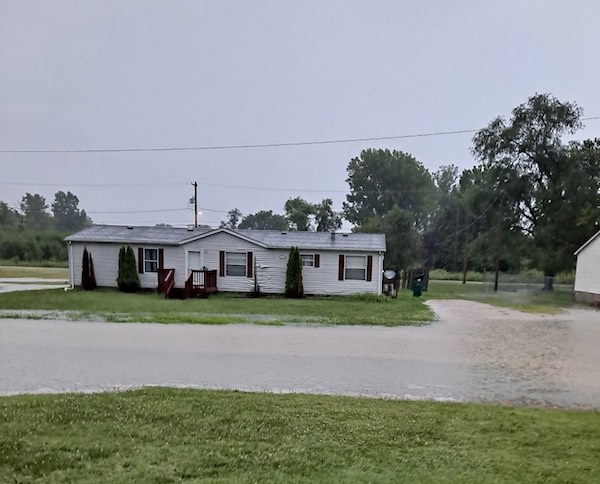
The precipitation events last week were record-breaking for many communities in Kentucky, Missouri, Illinois and Virginia. At least 37 people died and search and rescue efforts were ongoing after up to 10 inches of rain fell in Kentucky and Virginia, resulting in deadly flash flooding on Appalachian streams. Cahokia Heights, Illinois, in the St. Louis metro area, received 9 inches of rain in a 24-hour period from July 25-26. Days after the rain fell, residents were still reporting 9-10 feet of water in their homes and sewage-contaminated water gushing from the combined sewer system. Families affected by floods are cleaning out flood-damaged homes and grappling with the realization that for some, the record-breaking floods have wiped away everything.
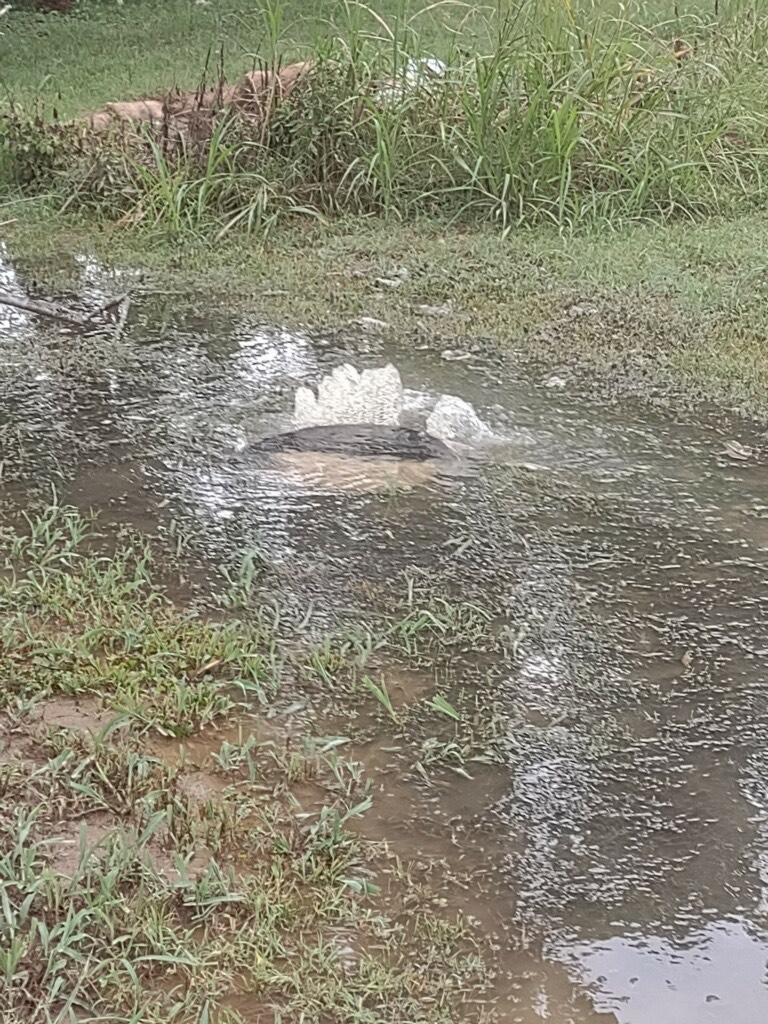
While these events are extreme- they are occurring more frequently and the costs associated with extreme events will continue to rise. In 2020, the U.S. saw an average annual loss of $32 billion from flooding, and that cost could rise by up to $41 billion by 2050, according to a study published in Nature. Those numbers may be staggering, but the impact of floods on the lives of people experiencing poverty and racism is even more consequential. Natural disasters compound existing inequalities like housing and food insecurity. People with low wealth are forced to spend limited assets on clean up and recovery expenses, and this is compounded as both structural and individual racism cause disaster aid to be distributed to Black and other communities of color last. And too often- as soon as people are able to clean up their homes and businesses, another flood wipes them out.
We must break this cycle.
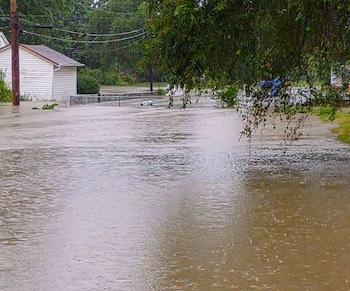
This week, American Rivers called on the Biden Administration to take emergency climate actions in support of healthy rivers. As the nation responds to the catastrophic floods, here are three steps the administration can take to support vulnerable communities nationwide:
- Help people find safety: The administration should require FEMA and HUD to better integrate programs for affordable housing with floodplain management to meet the housing needs of people who need to relocate to safer ground. The lack of resilient affordable housing remains a huge barrier for families looking to move away from flood-prone areas. The need for climate-resilient, affordable housing is critical to frontline communities as they recover from and prepare for extreme weather.
- Send resources to vulnerable communities: The administration can help states improve flood management, both reducing flood damage –particularly for disadvantaged communities –and protecting and restoring natural floodplains. We must reduce the gap in FEMA resource availability for communities of low income and color, which often don’t have the municipal staff required to be eligible for pre-disaster mitigation programs.
- Protect and restore rivers: The administration should establish a National Floodplain Protection and Restoration Program to better use federal floodplain management programs to protect and restore the nation’s floodplains as carbon sinks and reduce flood damages. The initiative should set national goals for the protection and restoration of floodplains, coordinate floodplain data collection, create mapping and prioritization tools, and equitably distribute flood resilience funding to states
As a nation, we need a fundamental shift in how we manage our floodplains if we want to help communities increase resilience to flooding. For decades we’ve developed our rivers and floodplains as if the next flood were a possibility, rather than an inevitability. The rain will come, rivers will flood, and our water infrastructure is inadequate. The safest and most economical thing we can do as a nation is give our rivers and streams the space they need to accommodate severe floods and precipitation events and use our rivers and streams as powerful, equitable, cost-effective climate solutions.
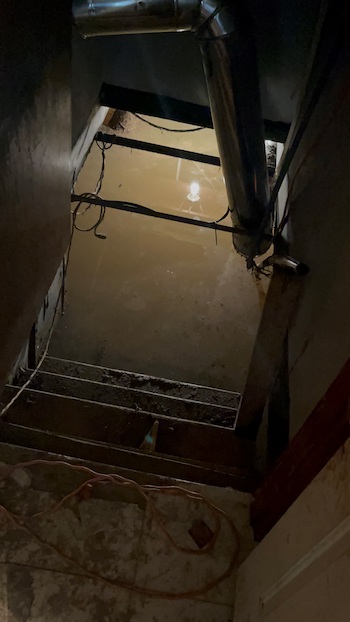
When we protect and restore natural floodplains, we not only ensure that communities are not at risk of floods, we enable rivers to capture carbon as sediment deposits on the floodplain, filter pollutants and recharge groundwater supplies, and provide fish and wildlife with the habitat they need to grow, reproduce and thrive. This will require all federal agencies to do their part to utilize their programs effectively to protect our existing natural floodplains and restore and reconnect damaged floodplains. This year American Rivers will be encouraging federal agencies to take the following actions:
- The Army Corps must reform its project planning guidance to ensure that every water project protects and restores the benefits and values of floodplains, and that nature-based solutions are prioritized as the first potential solutions, rather than the last.
- As FEMA updates their land use management rules under the National Flood Insurance Program, they must elevate the protection and restoration of floodplains as a priority, and work to support community efforts to restore their streams and rivers.
- The Floodplain Easement programs of the Natural Resources Conservation Service must become a permanent, annually funded program that allows farmers to restore their flood-prone, unproductive land and use it for its intended purpose- to safely convey flood water downstream.
These actions need to be initiated now. We cannot wait. The climate is changing, and it will only get worse.

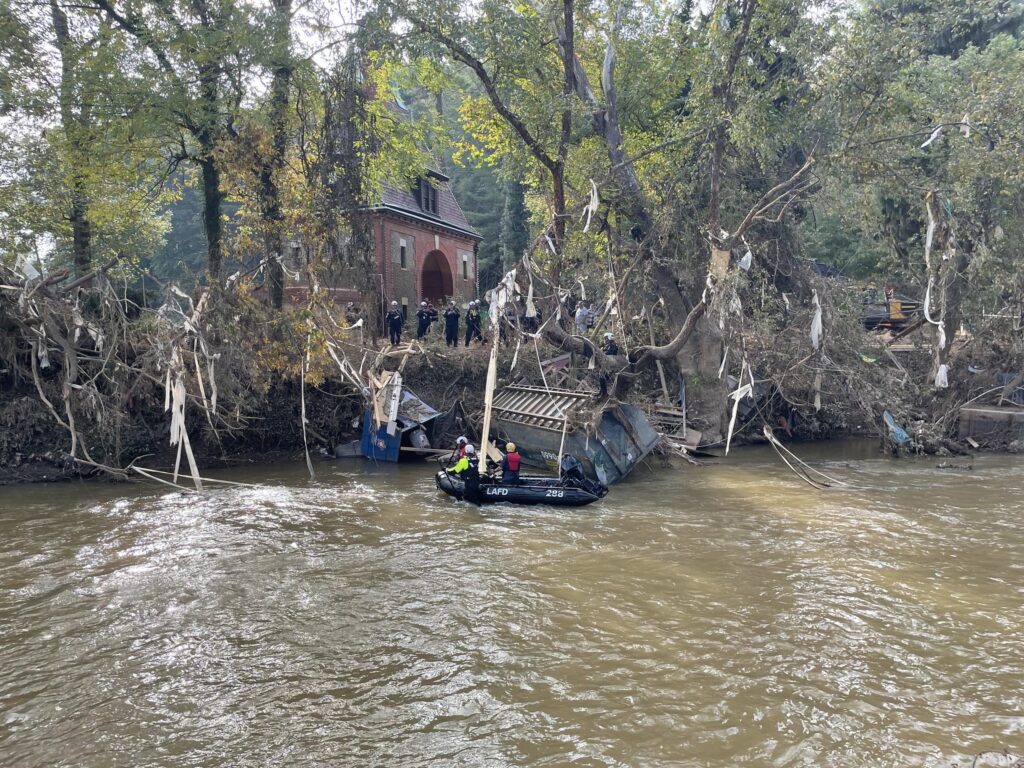
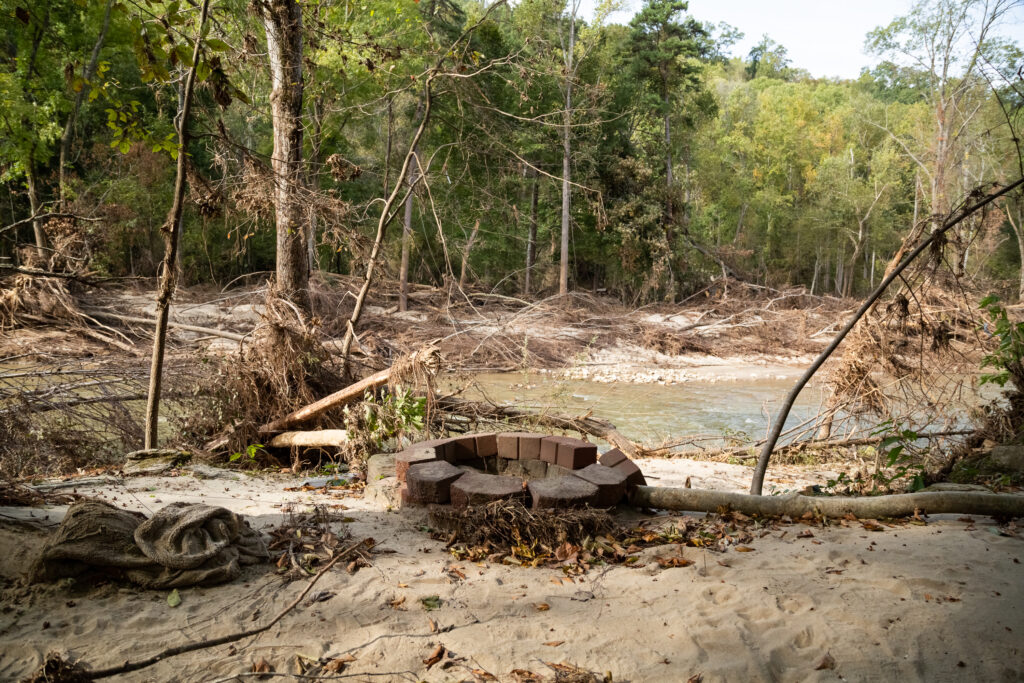
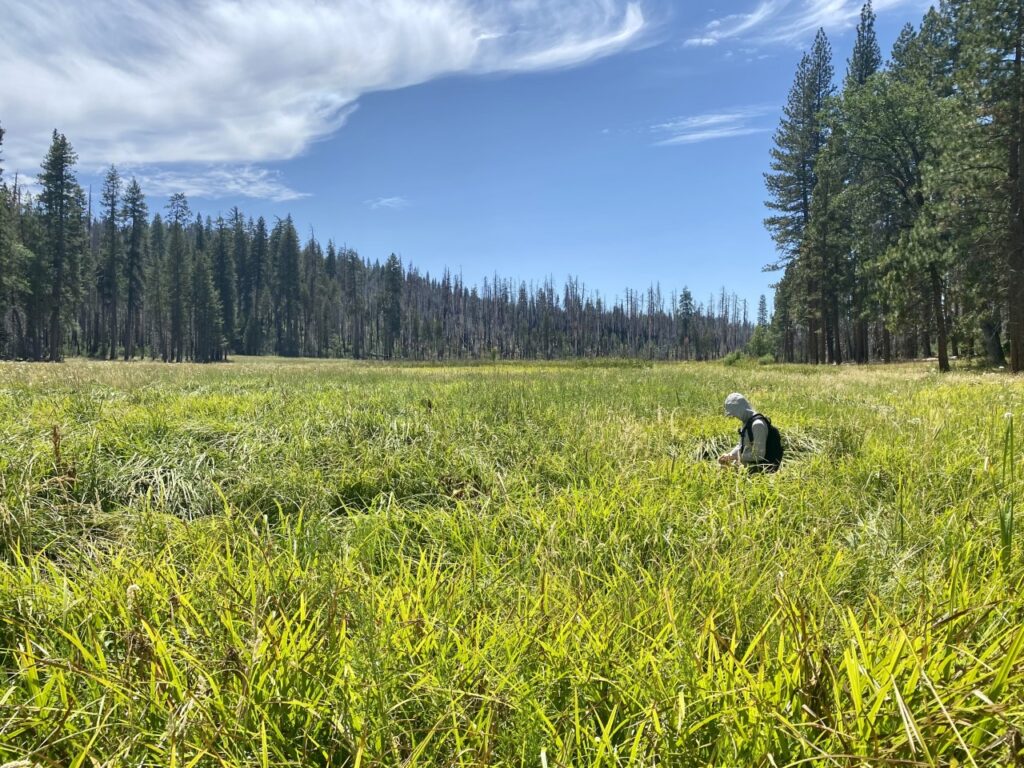
4 responses to “This is Climate Change”
Go back in history and you will find that the climate issues we are having go in a cycle every few years. Nothing new! We have flooding in areas for several reasons. We have moved the natural flow of rivers and streams and built dams which causes water to go into places it wouldn’t of normally go! People built homes in areas that were not intended to be built in those areas.
Isn’t that crazy!! People need to pay a little attention to the performance of their elected officials!! Our only chance is un-electing poor performers that are only concerned for what they can steal from American taxpayers!! How do we know if this is climate-change, or the result of man-made decisions?
Kentucky keeps voting for McConnell who has never once supported any bill for Climate.
McConnell knows something, like this isn’t the emergency everyone wants to spend money on….